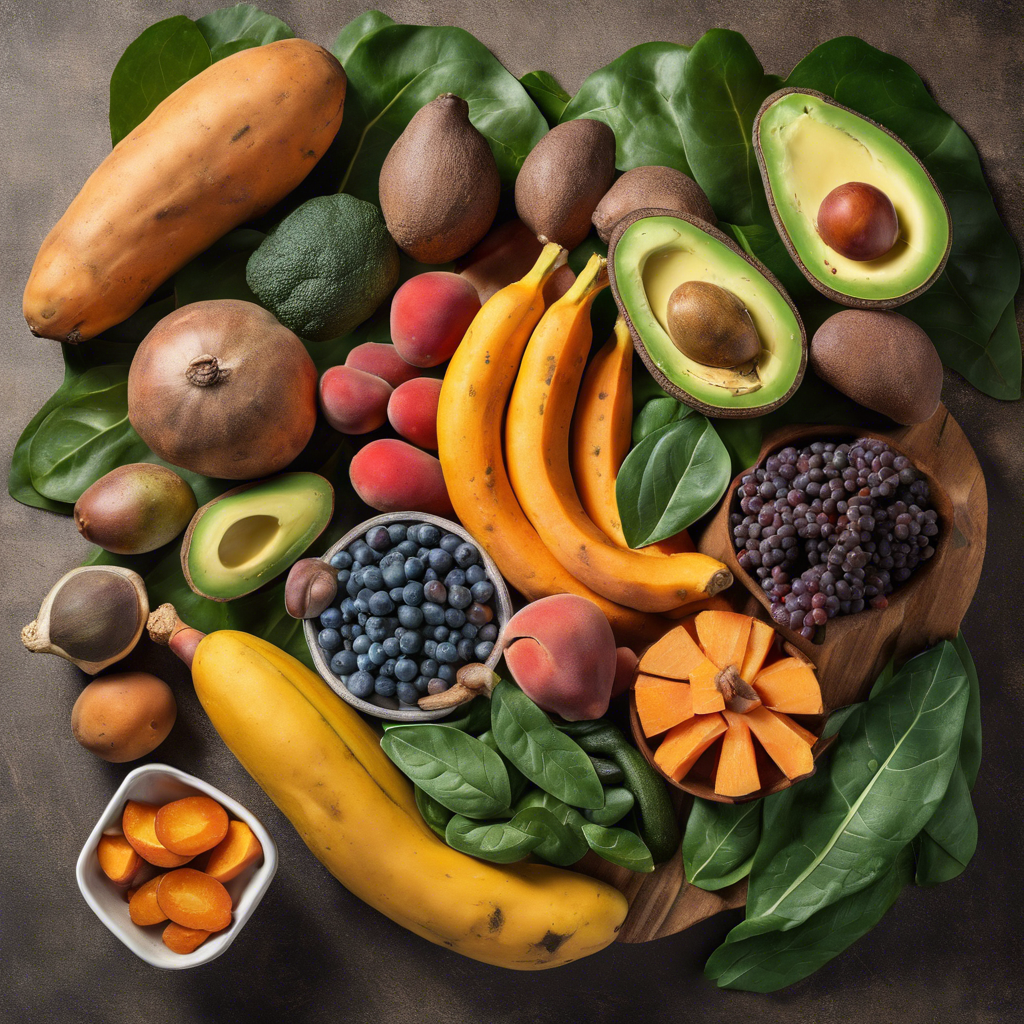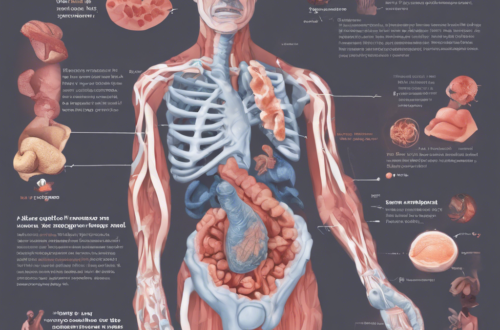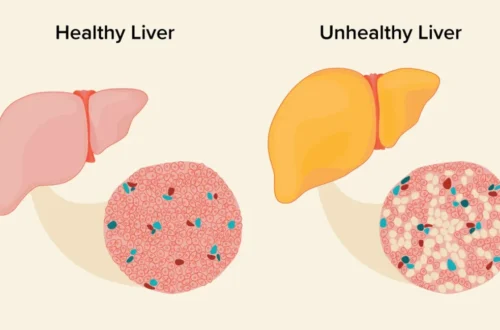Introduction to Potassium and Hypertension
Understanding the importance of potassium in managing hypertension
When it comes to managing hypertension, potassium plays a crucial role. This essential mineral helps the body regulate blood pressure by balancing the effects of sodium. Potassium enables blood vessels to relax and open up, reducing the strain on the cardiovascular system. Individuals with high blood pressure often have low potassium levels, making it important to include potassium-rich foods in their diet.
How potassium-rich foods can benefit individuals with high blood pressure
Adding potassium-rich foods like bananas, sweet potatoes, spinach, and avocados to your meals can help lower blood pressure levels. These foods not only provide potassium but also offer other essential nutrients necessary for overall well-being.
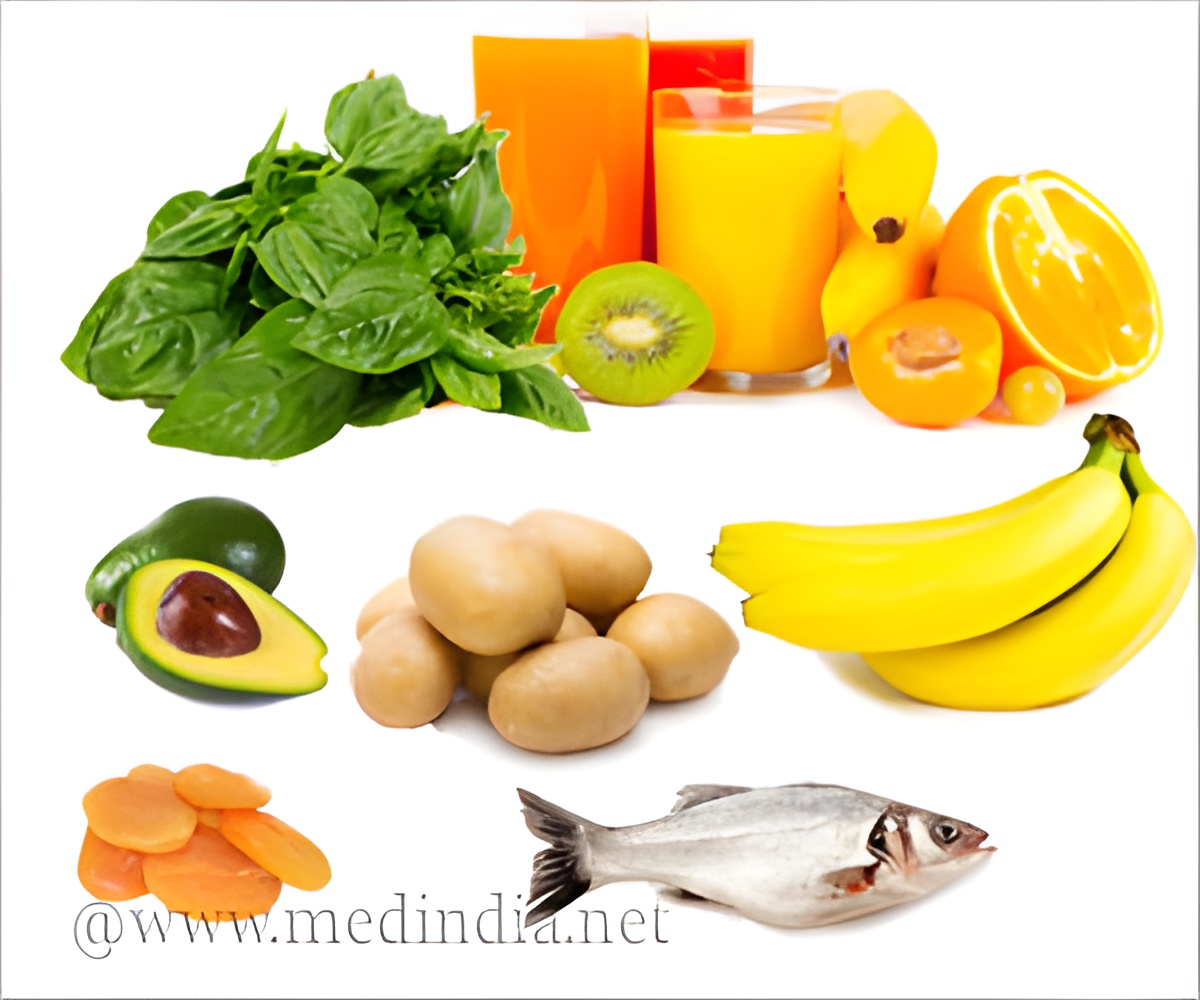
Bananas: A Great Source of Potassium
Nutritional benefits of bananas for hypertension
As a rich source of potassium, bananas are a great addition to the diet of individuals managing hypertension. Potassium in bananas helps in regulating blood pressure by counteracting the effects of sodium. Additionally, bananas are also packed with other essential nutrients like vitamin C, vitamin B6, and fiber, promoting overall heart health and well-being.
Creative ways to incorporate bananas into your diet
To include more bananas in your diet, consider adding them to your morning oatmeal or yogurt, blending them into smoothies, or using them as a topping for whole-grain toast with almond butter. Their versatility makes it easy and delicious to boost your potassium intake and support your heart health goals.
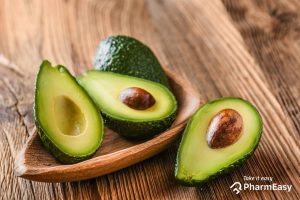
Avocados: A Creamy Potassium-Rich Superfood
Avocado recipes to lower blood pressure
Avocados: A versatile and creamy fruit that is known for its high potassium content, making it a superb addition for those managing blood pressure. Potassium in avocados plays a key role in regulating blood pressure levels by offsetting the harmful effects of sodium. Apart from potassium, avocados are rich in healthy fats, fiber, and various vitamins and minerals that contribute to overall heart health.
Creative ways to include avocados in your diet: Avocado toast with a sprinkle of sea salt, guacamole with whole-grain chips, or adding slices to salads are delicious ways to enjoy this heart-healthy superfood. Incorporating avocados in your meals can be both nutritious and flavorful.
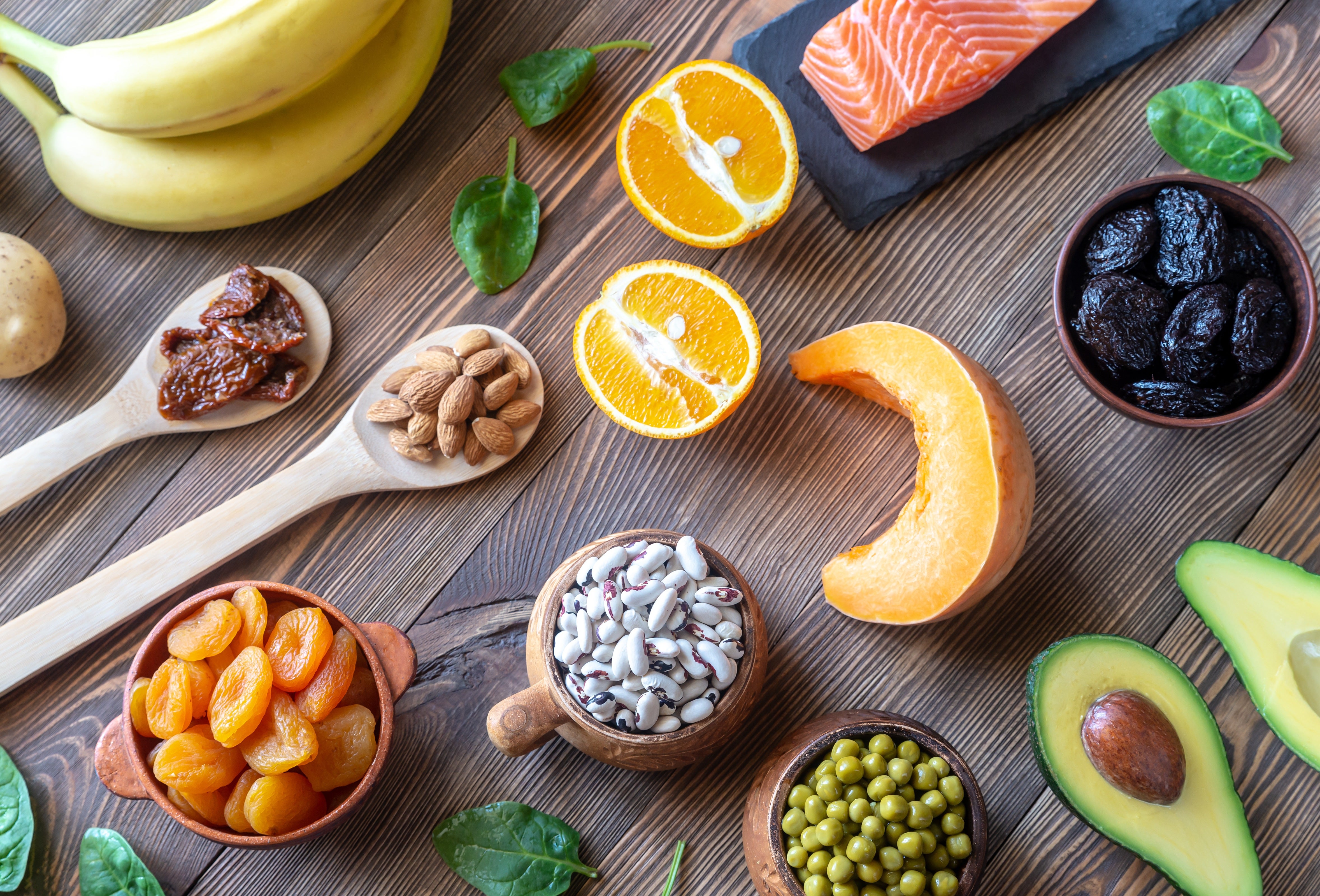
Spinach: A Leafy Green Powerhouse
Delicious spinach dishes for a heart-healthy diet
Spinach: A nutritional powerhouse packed with essential vitamins and minerals, including significant potassium levels that can aid in managing hypertension. Potassium-rich spinach plays a vital role in regulating blood pressure, promoting overall heart health. In addition to potassium, spinach offers a range of nutrients beneficial for well-being.
Exciting ways to incorporate spinach into your meals: Spinach salads with colorful veggies, creamy spinach and artichoke dip, or sautéed spinach with garlic are flavorful options. Adding spinach to your diet not only enhances taste but also boosts your nutrient intake for a healthier lifestyle.
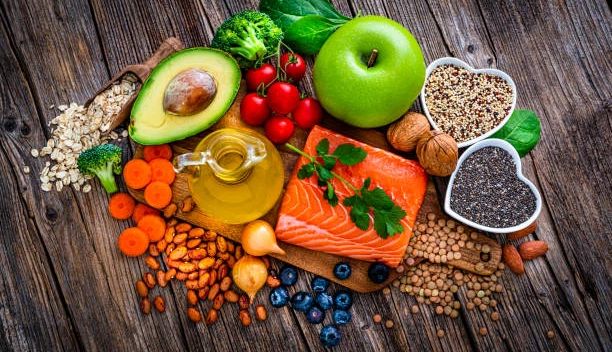
Oranges: Citrus Fruits Packed with Potassium
Orange-infused recipes for hypertension management
Oranges: A zesty fruit bursting with flavor and essential nutrients, oranges are a rich source of potassium, aiding in the management of blood pressure. The potassium content in oranges contributes to heart health by regulating blood pressure levels. In addition to potassium, oranges provide a plethora of vitamins and minerals crucial for overall well-being.
Exciting ways to enjoy oranges: Indulge in freshly squeezed orange juice, tangy orange salsa with fish, or a refreshing citrus salad. By incorporating oranges into your diet, you not only enhance taste but also boost your nutrient intake for a healthier lifestyle.
